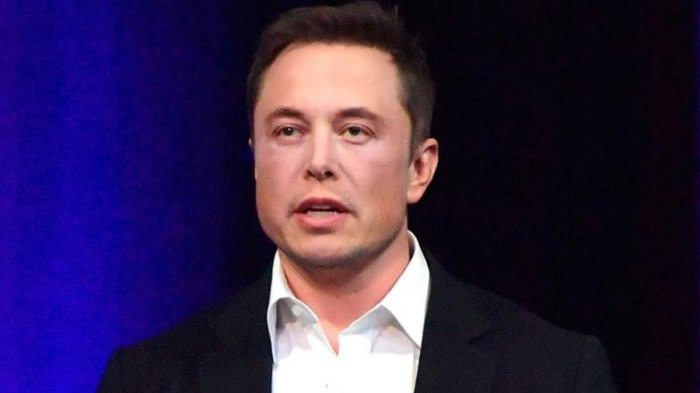The Tesla Inc CEO and founder of SpaceX, a rocket ship venture that seeks to colonize Mars, said up-front investment costs before Starlink achieves substantial positive cash flow would be $5 billion-$10 billion.
"It's a lot, basically," Musk said in a video interview from California with the Mobile World Congress, the telecoms industry's largest annual gathering that is being held in Barcelona.
Starlink, an array of low-orbit satellites offering high-speed connectivity for people living in remote areas, is already offering a trial service and says it aims for near-global coverage of the populated world this year.
It now has more than 1,500 satellites aloft and is operating in about a dozen countries, adding more every month, said Musk, forecasting that total customer numbers would reach half a million over the next 12 months, from 69,000 now.
Skeptics question whether satellite internet can ever develop a viable business model because the main market it targets is people living in remote areas, who are too few in number to support the vast up-front investment costs.
He pushed back against that idea, saying that Starlink could help fill in the gaps in fifth-generation mobile and fiber-optic networks.
"There's a need for connectivity in places that don't have it right now," said Musk.
















































